
Postpartum is a time of immense joy but also emotional and physical challenges. Many new mothers experience shifts in mental health due to hormonal changes, sleep deprivation, and the demands of motherhood. But remember, help is always available and recovery is possible.
Understanding Postpartum Mental Health: It’s More Than Just Baby Blues
Understanding Postpartum Mental Health: It’s More Than Just Baby Blues
Postpartum mental health goes beyond depression. Learn the signs, types, and support available for both moms and dads.
Postpartum mental health encompasses a wide range of emotional states. Understanding and acknowledging the challenges is the first step toward finding balance and healing.
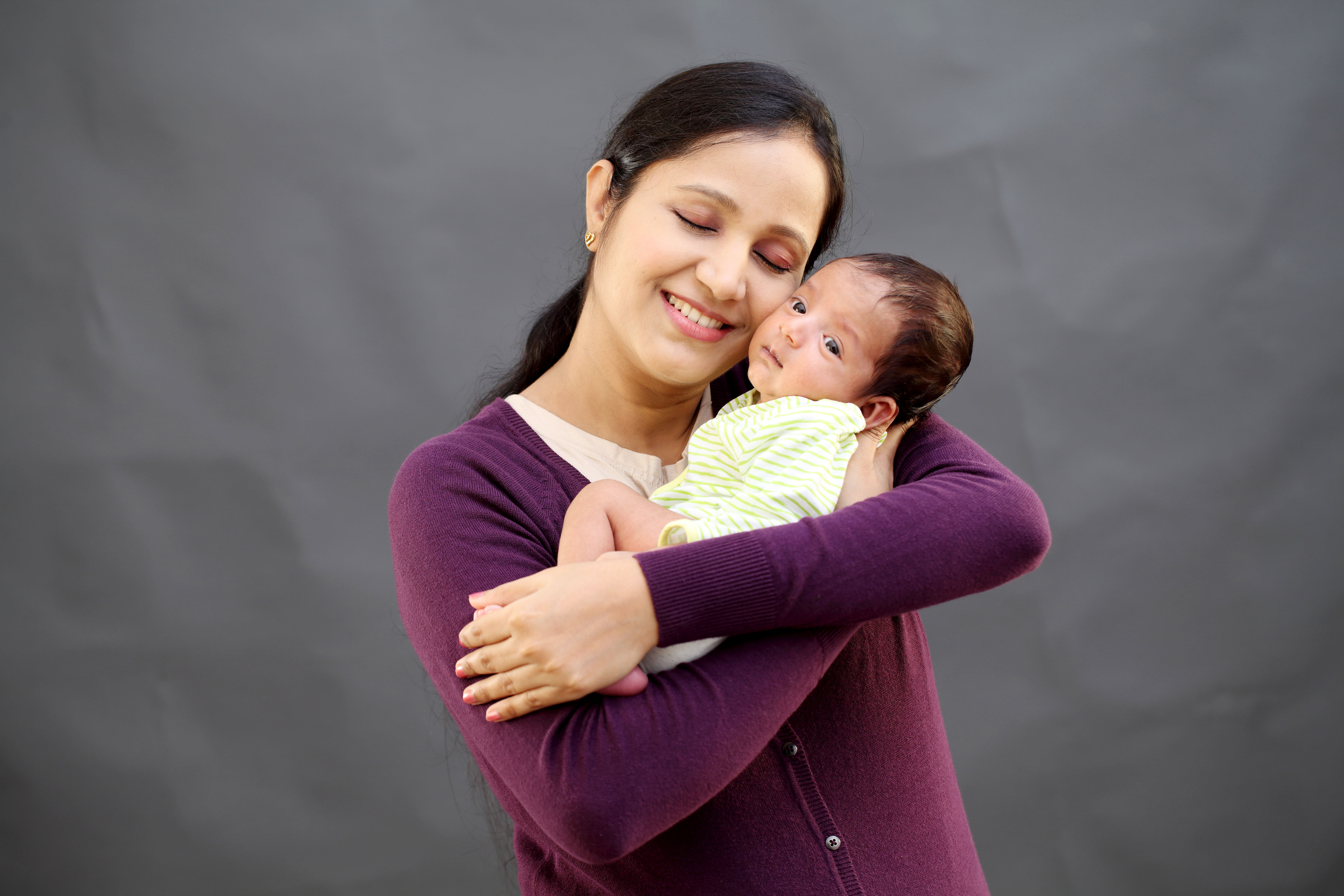
How well do you know postpartum mental health problems? Here are some lesser-known facts:
Perinatal mood disorders are a group of mental health conditions that can affect mothers during pregnancy and after childbirth. This includes:
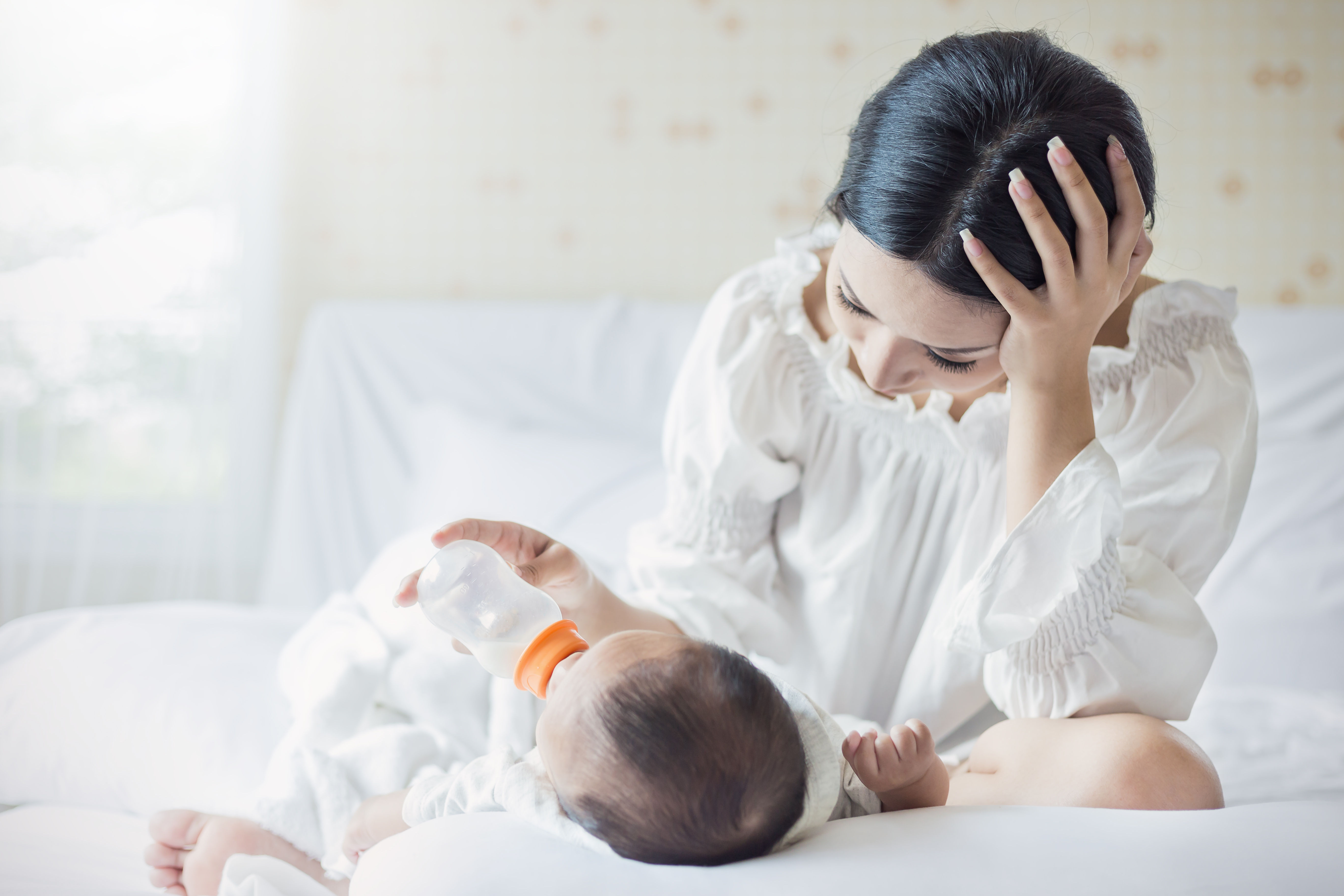
Certain factors can increase the likelihood of developing perinatal mood disorders such as:
Postpartum depression is defined as a mood disorder that affects mothers after childbirth, characterised by persistent sadness, low energy, and difficulty bonding with the baby.

Symptoms of postpartum depression may differ from person to person but some common symptoms include persistent sadness, fatigue, and difficulty bonding with the baby.
What Are the Symptoms?
While it is a common misconception, baby blues are not necessarily postpartum depression. Unlike PPD, baby blues are temporary emotional shifts that don't impact daily functioning.
Understanding the causes of postpartum depression is the first step to avoiding it and finding support when needed.
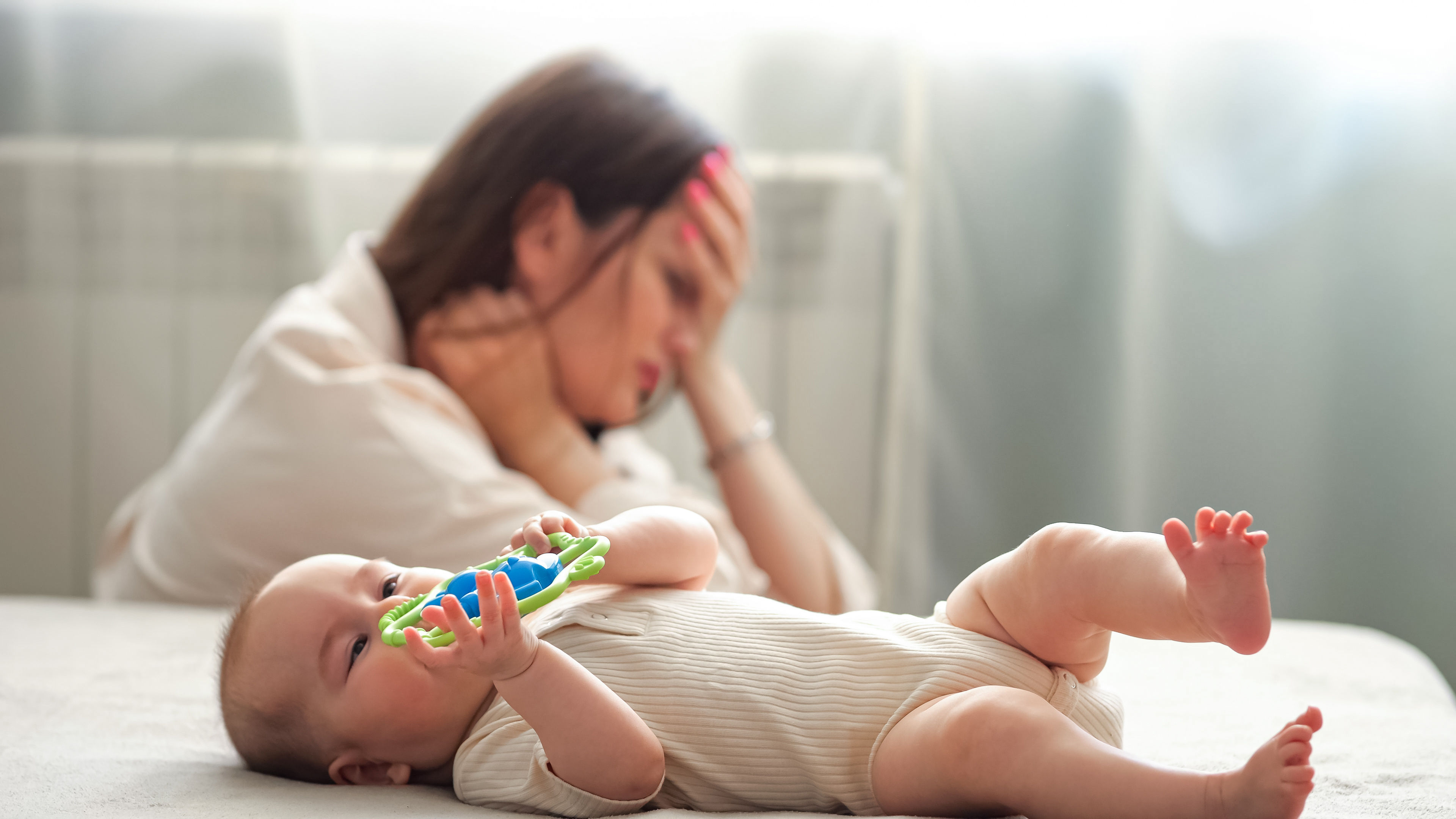
Some of the common causes of postpartum depression include:
While anyone can experience postpartum depression, the following have higher chances of experiencing it:
Often postpartum depression is unavoidable but some simple steps can significantly reduce its chances:

Postpartum depression is treatable, and with the right support and intervention, most mothers make a full recovery. Here are some effective treatment options for PPD:
It is a condition characterised by excessive worry about the baby’s health, safety, or own ability as a parent, and often accompanied by symptoms like a racing heart or insomnia.

Postpartum anxiety presents through physical, cognitive, and behavioural symptoms that can impact daily life and parenting. Here's a breakdown of common signs to watch for:
Postpartum anxiety is highly treatable with the right combination of professional care and self-help strategies. Common treatment options include:
Postpartum psychosis is a rare but severe condition involving hallucinations, delusions, and confusion. This usually requires urgent medical attention.
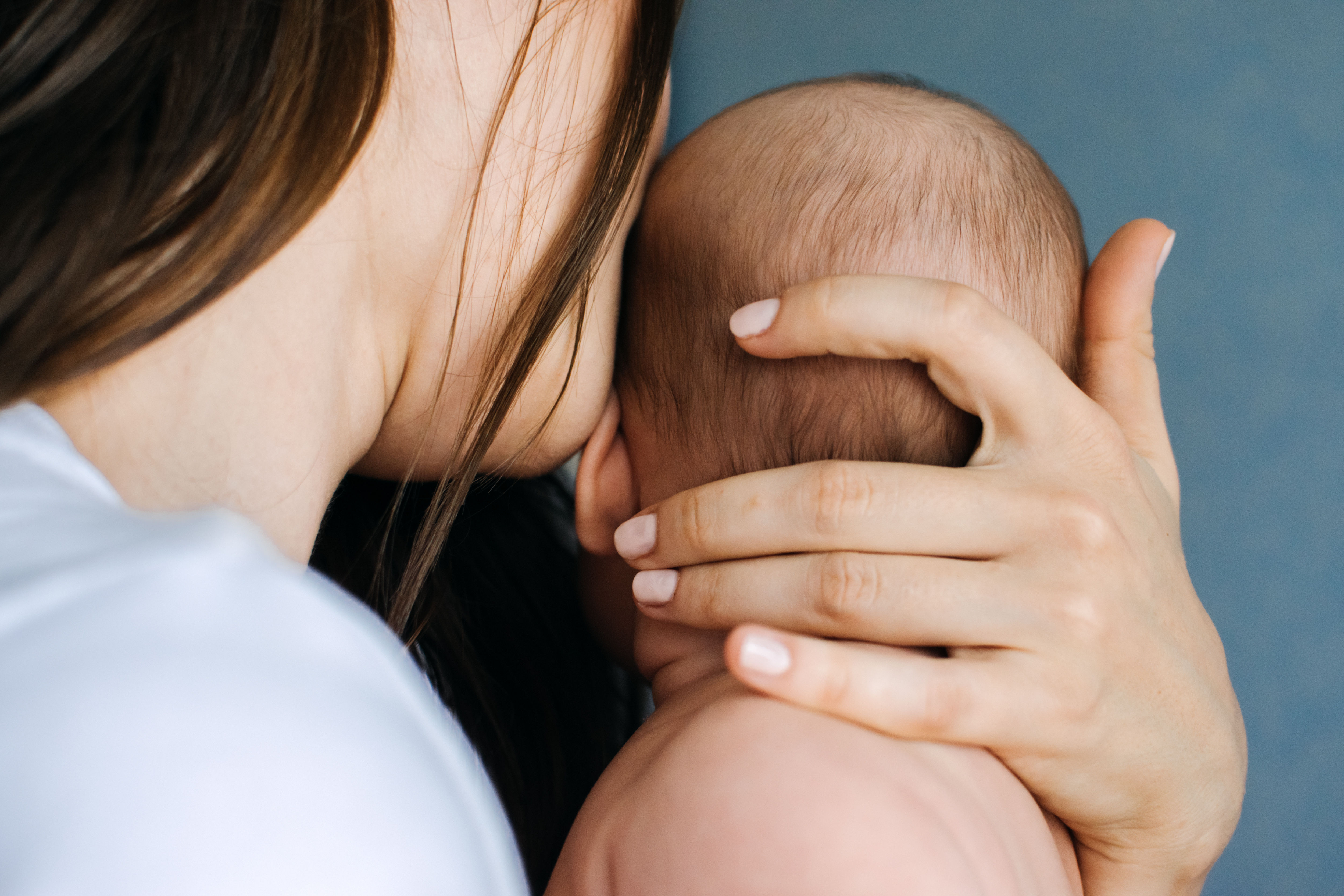
Postpartum psychosis often develops suddenly and is marked by severe symptoms including:
Effective postpartum psychosis treatment involves prompt medical intervention to ensure the safety of the mother and baby, including options such as:
Postpartum OCD is a condition marked by intrusive, repetitive thoughts and compulsive behaviours related to the baby's safety.
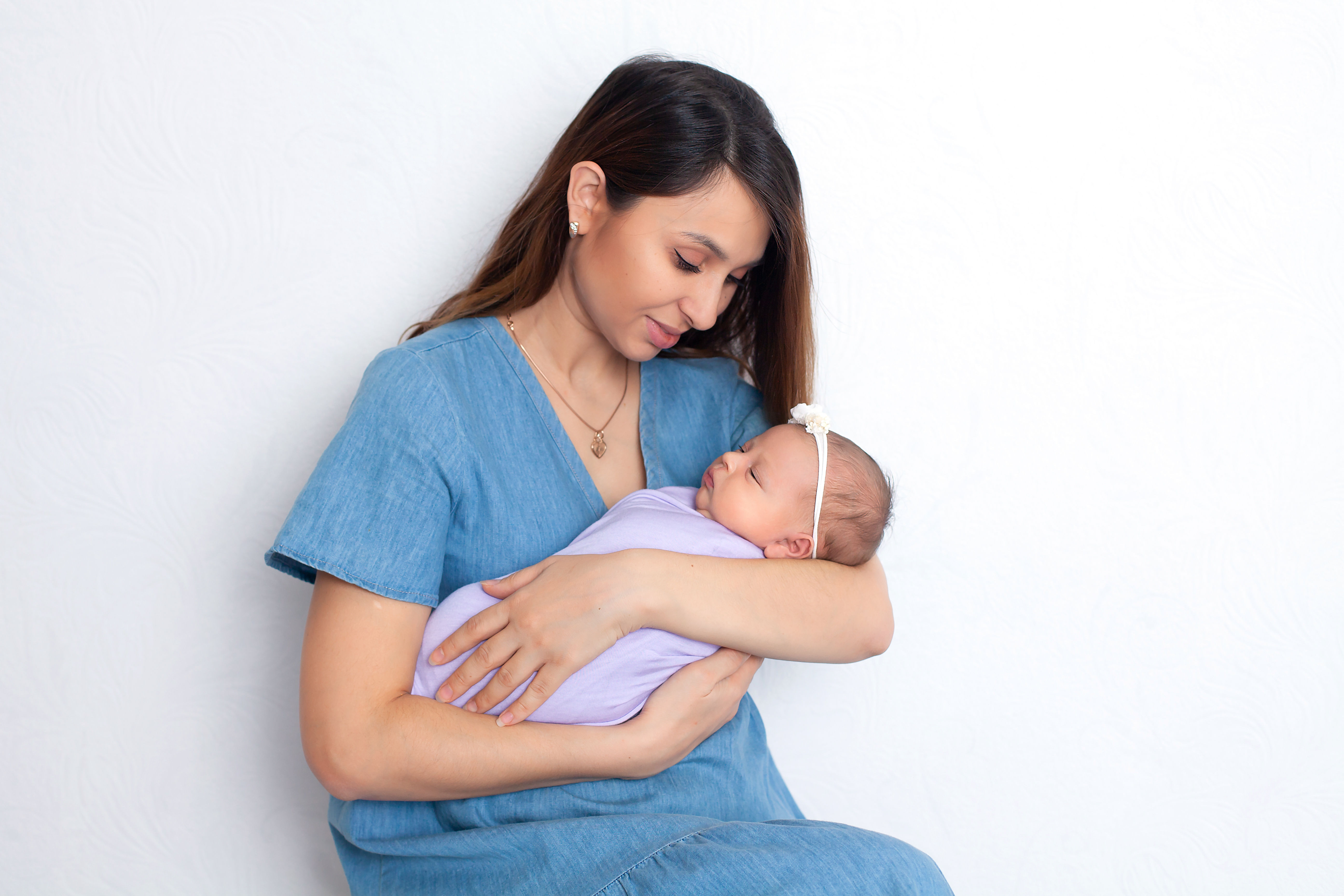
Symptoms of postpartum OCD can be distressing but are treatable with proper care. Common symptoms include:
Postpartum OCD is highly treatable with the right combination of professional interventions and self-help strategies. Common treatment options include:
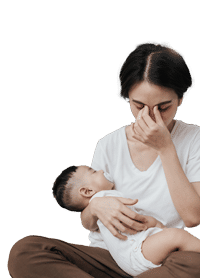
Postpartum care
If you’re going through crying spells or suicidal thoughts visit the nearest emergency room.
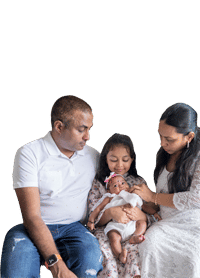
Family time
Stay in touch with your family and friends to better understand baby care, diet & rest.

Self-care
Indulge in activities that are relaxing and fun for you like taking warm baths with music.

Postpartum care
Increase intake of fatty acids in your diet to reduce the risk of postpartum depression

Rest up
Catch up on sleep and get as much rest as you can when your baby is sleeping
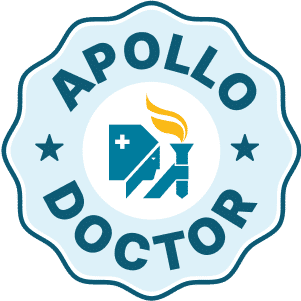
Discover trusted advice from experts for all stages of your parenting
Your recovery matters. Discover key tests to help you heal, recharge, and stay healthy.
Postpartum depression is a mood disorder that affects mothers after childbirth, due to hormonal, emotional, and physical changes.
Postpartum depression appears as overwhelming sadness, irritability, fatigue, loss of interest in activities, difficulty bonding with the baby, and changes in sleep or appetite.
Mothers with a history of mental health issues, a lack of support, high stress levels, or a traumatic birth experience are at higher risk.
Yes, untreated postpartum depression can impact the mother-baby bond. This potentially affects the child’s emotional development and well-being.
Evidence is mixed; while breastfeeding may support bonding and lower stress for some, it does not prevent postpartum depression in all cases.